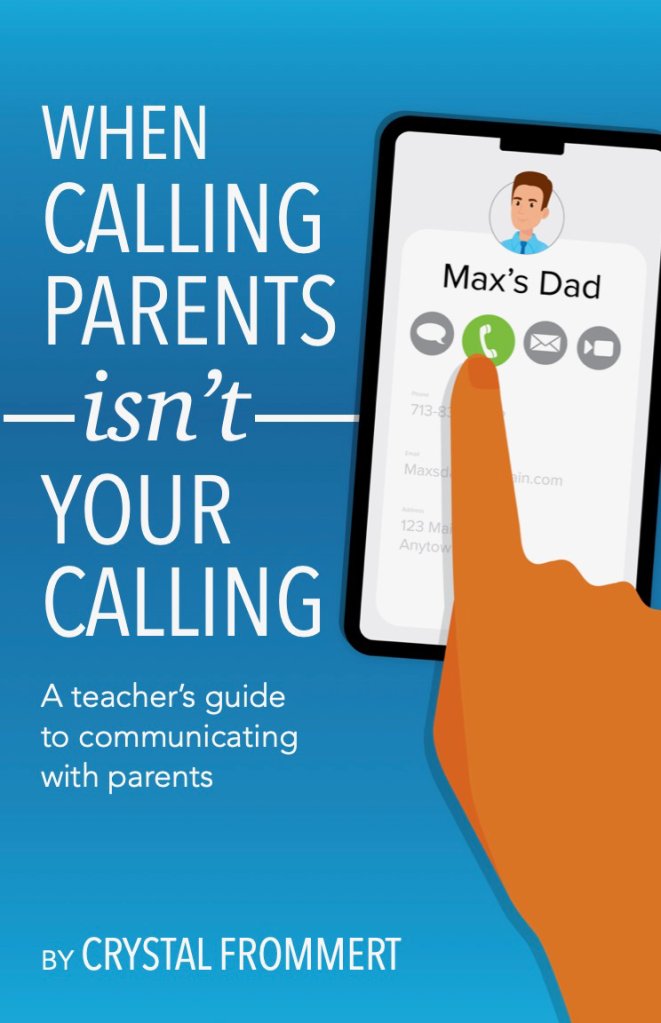Making Parent Meetings More Meaningful
A successful parent-teacher night involves providing objective feedback on student progress and listening carefully to parental concerns.
Your content has been saved!
Go to My Saved Content.Depending on the size of your school, parents may be invited on campus during the day for parent conferences or maybe to a Parent Night. Small schools tend to open their doors more often for parent presentations from teachers such as literacy night, math night, parent coffees, etc. Teachers have a long list of preparation items for Parent Night such as decorating the room just so, sharing samples of student work, pronouncing the parents’ names correctly, and most important of all, not looking incompetent in front of the parents. Just as important is making the night meaningful and informative for families, avoiding the fluff.
Drs. Robert Evans and Michael Thompson suggest, in their 2021 book Hopes and Fears: Working with Today’s Independent School Parents, that teachers address parents' fears and worries during their presentation. Teachers can help parents predict what’s to come in the new grade level. As an example, “You may have heard that there is a significant increase in homework from third to fourth grade. (Pause for head nodding and affirmative murmuring.) I can assure you that we guide our incoming fourth graders by teaching them organizational skills that will help them manage their workload. We also offer homework help time after school for students who have additional questions.” In this example, you’re not denying that the workload increases, but you’re assuaging parents' worries about whether their child can handle it. Don’t shy away from the real stuff parents want to hear.
GRACEFULLY AVOID INDIVIDUAL FEEDBACK CONVERSATIONS
Most likely, a parent or two will approach you directly during Parent Night to ask about their individual child’s progress so far (even if Parent Night is only two weeks into the school year).
This has happened to me every single year I have been in the classroom. Every. Single. Year.
I thought it was polite to answer their questions about their child’s progress. A line of waiting parents would form, so I would rush my answer to try to get to everyone before they had to visit the next teacher. This wasn’t fair to the parents, nor to me. Now, I politely tell parents who are seeking individual feedback that I would be happy to talk with them in detail at another time. “It is great to have Olivia in my class this year. Regarding her progress so far, would you mind sending me an email? We can continue this conversation when I can dedicate more time.” A response like this confirms that you do know who their child is, that you like them, and that you respect them so much that you want to dedicate time to talk in detail. Most of the time the parents do not follow up with an email. They are probably satisfied with meeting you and knowing that you know their child.
BETTER PARENT–TEACHER CONFERENCES
Sitting down one-on-one with parents is very different from presenting at Parent Night. The focus is shifting away from you, as the teacher, and solely on the student being discussed. The conference has shifted to a two-way dialogue rather than a one-way delivery of information. Parents want to get to know you as their child’s teacher (How Two-Way Communication Can Boost Parent Engagement, 2018).

They also want to feel at ease that their child is in the care of an educator who genuinely cares about them. This care is communicated through relationship building and kind honesty about their child’s progress. When a parent comes in to meet with the teacher it is important to note that the parent can be nervous. They might be apprehensive about how their child is performing in school compared to the other students. Kind honesty means sharing objective observations about their child while also recognizing their child’s strengths. “Evelyn has a natural tendency toward leadership. This leadership shows up in her group work with classmates. She also recently led a group of her friends to run down the hall. She was asked to write a reflection on the safety concerns of running in the school hallways. We want to foster her leadership skills while also helping her make decisions that keep the community safe. How do you see Evelyn’s leadership emerging at home?” This conversation starter tells the parent you see their child – the good and the not so good. It also reveals an objectively observed behavior and the subsequent consequence for that behavior. The teacher is communicating that the school is working WITH the parent and child to promote prosocial behavior. The teacher then ends with a question that invites the parent to share insight about their child from a home perspective.
There are times that no matter how much the teacher tries to foster a two-way discussion, they are just not getting much traction with the parent. When a parent comes in for a meeting and there is not much to report because the student is meeting expectations, it can be difficult to think of things to say. In these situations, I lean on a common piece of advice that may help in uncertain parent conferences: “If you don’t know what to do, do what you know.” What we do know well as educators is how to listen. Let the parent(s) talk first. Really listen to what they value and what they fear. Respond to their comments with empathy and suggestions as you see appropriate. If listening isn’t a strength of yours, check out Celeste Headlee’s TED Talk “10 Ways to Have a Better Conversation” (2012). Her tenth tip focuses on listening specifically.
Why do we not listen to each other? Number one, we'd rather talk. When I'm talking, I'm in control. I don't have to hear anything I'm not interested in. I'm the center of attention. I can bolster my own identity. But there's another reason: We get distracted... And look, I know, it takes effort and energy to actually pay attention to someone, but if you can't do that, you're not in a conversation. You're just two people shouting out barely re- lated sentences in the same place.
By deeply listening to the parent, you might find that a student who appears to be meeting all the expectations at school has more issues to address than you previously knew.
Another pro tip, suggested by Elli Carroll in a 2021 Edutopia article “4 Ways to Make Parent-Teacher Conferences Easier,” is to provide student work for the parents to view. Carroll writes, Providing authentic work at conferences shows the following: 1. You do grade work. 2. Whether a parent’s perception of their child’s level of effort matches what the student is really doing. Many teachers find success having students choose a writing piece in their notebook to bookmark or another assignment or test that they are proud of. This always puts a smile on parents’ faces, the kids get to show off a bit, and you don’t have to go looking for something. It’s a win-win-win!
If artifacts of student work aren’t applicable or available, ask each student to complete a semester reflection sheet that you can share with parents.
© 2023 by Crystal Frommert excerpted from the book When Calling Parents isn't Your Calling: A Teacher's Guide to Communicating with Parents. Used with permission of the publisher, Road to Awesome, LLC.
